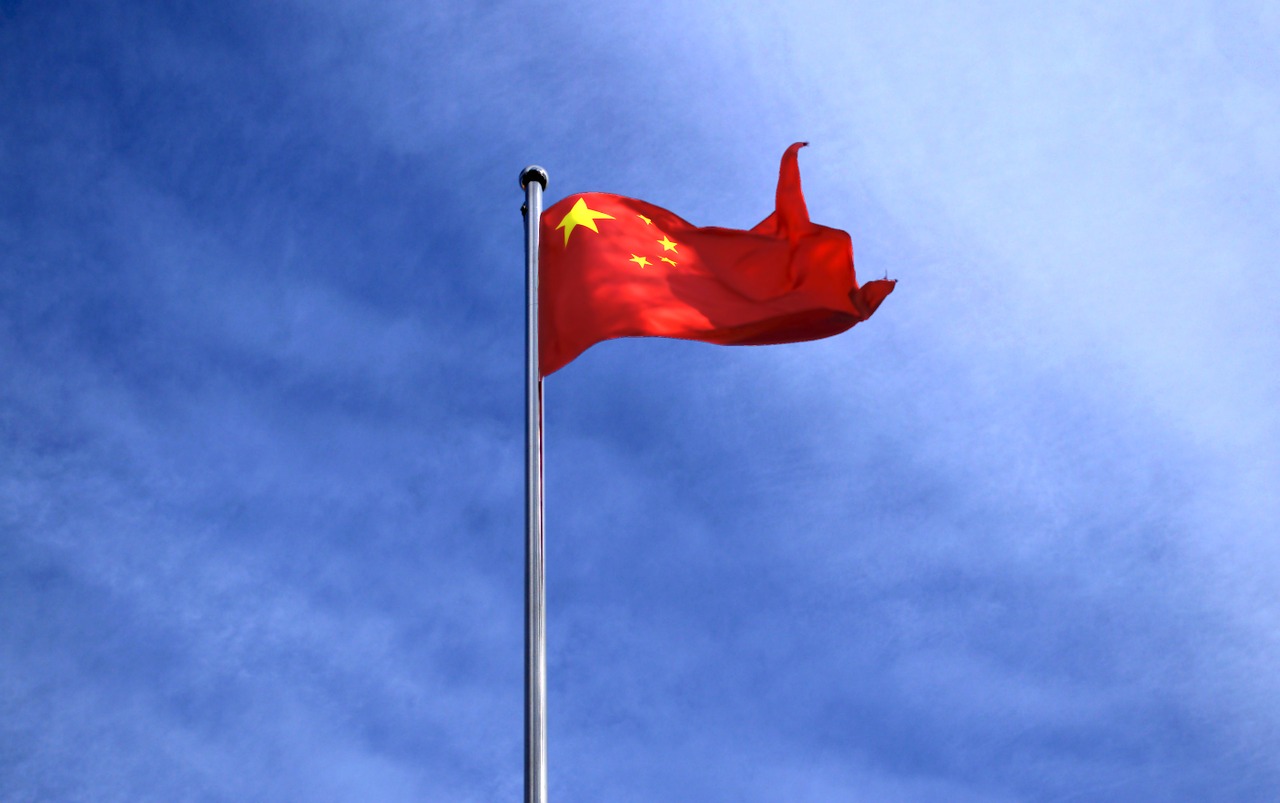One of China’s top anti-corruption watchdogs has expelled an official from the Communist Party for the first time. The reason behind it is that the official was involved in crypto mining-based corruption. On Saturday, the CCDI in China, also known as the Central Commission for Discipline Inspection, made a statement on it. They said that a former vice-chairman belonging to the Jiangxi people’s political consultative conference, Xiao Yi, would face a criminal trial. Also, he had been stripped of his public office as well.
Based on the charges, Xiao is also accused of being involved with owners of illegal private enterprises. He did so to abuse his powers for the purpose of personal gain and took bribes as well. The charges also include disrupting judicial activities, trading money and power for sex, and what they call moral decay.
During the first half of the year, China was the world’s hub for mining cryptocurrencies. But ever since the country’s crackdown on crypto, the US has taken that spot. Beijing put a halt to energy-intensive crypto mining, as well as trading, on September 24. According to state documents, it was part of the state’s attempt to reach its targets towards carbon neutrality. Another reason was that they thought it would negatively affect the financial and economic order.
Recently, researchers at the University of Surrey, Cornell University, and Tsingshua University published a study on the topic. It stated that if the government fails to take appropriate action, China’s crypto mining operations could negatively affect the country’s net-zero plans.
In China, the top economic planning agency is the National Development and Reform Commission. On Wednesday, they informed provincial authorities throughout the country to completely clean the crypto sector. This also involved making sure that computing facilities at public institutions and state-based enterprises aren’t used for this purpose.
Because of the campaign, professional crypto miners made plans to move away from the country. Previously, they had been active in parts of the country such as Sichuan, Inner Mongolia, and Xinjiang, but now moved offshore.
Before the charges were made against him, Xiao held the position of party chief in Fuzhou, Jiangxi province. He had held the position since 2015 and made crypto mining a major priority for the city. He told the authorities to make the latest digital economy a core competence of the city.
Just five years ago, he led a delegation on a government trip to Europe. Going to Germany helped a local data center provider in Fuzhou make a deal with Genesis Mining, a cloud mining provider. The agreement would install half a million servers in Fuzhou for the purpose of mining cryptocurrencies. Based on information from the city’s official media outlets, the agreement was valued at over $ 1.69 billion.







More Stories
Koinal Review – Is Koinal Scam or a Trusted Broker? (Koinal.ai)
Fxp360 Review – Is Fxp 360 Scam or a Trusted Broker? (Fxp360.com)
Coinbase Files A Petition To The SEC, Argues That Staking Should Not Be Classified As Securities